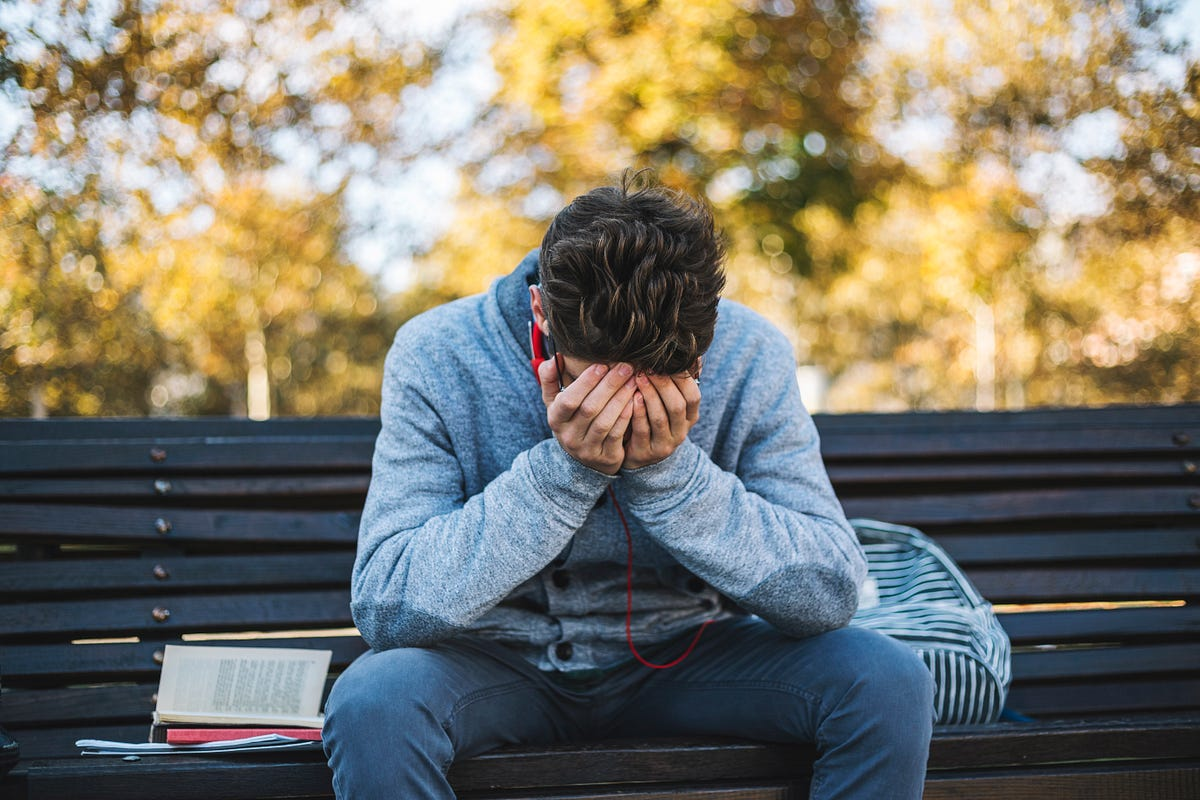
Unrequited love is a heartbreak that almost every person will have at some point in their life, be it a high school affection that never materialized, a one-sided friendship, or an all-consuming love for someone who, quite simply, does not feel the same. The suffering may be intense and long-lasting, causing you to question your worth and go through every meeting again and again in your thoughts. However, this experience being so widespread, it is also one of the most misunderstood and, paradoxically, one of the most forgiving ones.

The emotional toll of unrequited love can be overwhelming. It’s not so much about not getting a relationship—it’s about being rejected, unseen, and sometimes even unlovable. Unrequited love, Verywell Mind states, can drain self-esteem, cause loneliness, and even add to stress, sometimes ultimately causing anxiety or depression. The pain is real, and it is not in your head—our brains react to social rejection similarly to physical pain, and that’s why it can feel so overwhelming.

But why are we caught up in the cycle of loving someone who does not love us back? Why is this? The answer is complicated. Sometimes it’s idealizing the other person—we imagine them to be flawless and overlook their imperfections. Sometimes it’s having the security of pining for someone you don’t have access to, meaning you never have to expose yourself to the vulnerability of a real, mutual relationship. Natasha Adamo articulates that most individuals’ unrequited love is rooted in past wounds and habits, which are often tied to childhood memories of feeling “not enough” or not lovable. It is a way of outsourcing the love and approval we can’t give ourselves.

The first step to recovery is recognizing signs of unrequited love. If you always call, plan, or make contact, and the other person is cold or unresponsive, then you are probably in a one-sided relationship. You may find that you are idealizing the other person, excusing their lack of interest, or seeking physical or emotional closeness that never materializes. Healthy relationships are built on mutual effort, interest, and vulnerability, says Verywell Mind. If only one is emotionally invested, it’s a recipe for heartbreak.

Underneath unrequited love is typically a struggle with self-respect and self-worth. Gerardo Garcia, considering literature and his own life, sets out the real tragedy of unrequited love as not just the pain of rejection, but the loss of self-respect that accrues from offering oneself to someone who will not or cannot reciprocate. Joan Didion, in her ageless essay on self-respect, argues that without some sense of intrinsic worth, we find ourselves trapped within ourselves, never able to love or be indifferent truly. We act out whatever role is pushed upon us, never remembering who we are, what we’re owed.

Recovery from unrequited love is not an overnight miracle but something that takes time. It usually goes through the typical grief process: denial, anger, bargaining, depression, and ultimately, acceptance. Following Calm Blog’s advice, acknowledging your feelings and allowing yourself to grieve is important. It is no shame to feel sad, angry, or embarrassed. These are normal responses to loss and disappointment.

Self-compassion is an excellent remedy for the harsh inner critic that otherwise arises with rejection. Writing a letter to yourself, as suggested by Psyche Guides, can assist you in sorting through your pain with kindness and compassion. Step into your own shoes and try to imagine what you would say to a friend who has just gone through rejection. Be kind to yourself in the same way. Remember that rejection is not a reflection of your value—it’s at times about timing, compatibility, or the other individual’s own limitations.

As you work through the pain, you must reinvest in yourself. Redirect the energy you once invested in the other individual into your own passion, interests, and desires. Reinvest in loved ones and friends who love and value you for who you are. With time, the strength of your feelings will diminish, and you’ll gain perspective on what you truly desire and deserve out of a relationship.

But unrequited love isn’t only a cause of misery—it can also be queerly majestic. There are arguments that the very fact that we can love so intensely, even in the absence of hope of reciprocity, is a testament to the power and enigma of the human heart. As one writer explains, love is not always rational or justified based on reasons; occasionally, it is simply so, and that possibility of unconditional, irrational love is one to be appreciated, not felt ashamed of. The poet W. H. Auden put this so beautifully: “If equal affection cannot be, / Let the more loving one be me.”

Creative expression can be a lifeline during this time. Poetry, music, and art have been the realms of suffering and longing for unrequited love since time immemorial. Sharing your story in writing, painting, or even conversation has the power to connect you with individuals who have gone through the same path. Webs such as online forums and hashtags #poetrycommunity form a community and empathy, ensuring that you are not alone in the unspoken wanting of your heart.

Ultimately, the experience of unrequited love is an opportunity to learn about yourself anew, regain your self-esteem, and prepare yourself for potential. It’s not about forgetting or erasing the feeling, but about integrating those emotions into a richer, more loving understanding of yourself. When you heal, you may discover that the greatest love story is the one that you create for yourself, a narrative of patience, kindness, and sheer self-acceptance.
